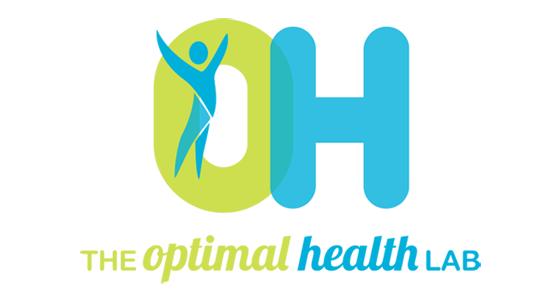Rheumatoid arthritis (RA) is a chronic autoimmune disorder characterised by inflammation of the synovial lining of joints, leading to pain, swelling, and stiffness. This systemic condition primarily affects the small joints of the hands and feet, bilaterally, but can also involve larger joints and other organs in the body. RA is characterised by periods of disease activity (flares) alternating with periods of remission, and if left untreated, it can result in bigger flare ups, as well as the potential of joint damage and more life disability.
The signs and symptoms of rheumatoid arthritis can vary in severity, and may include:
- In early disease, RA may involve just one or a few joints, typically starting in the finger/hand joints.
- Simultaneously or even earlier, tendon inflammation develops
- Morning stiffness of joints lasting 30 minutes or longer
- Joint pain, swelling, and stiffness, typically worse in the morning or after periods of inactivity
- Warmth and redness around affected joints
- Fatigue, malaise, and generalised weakness
- Reduced range of motion and joint deformities
- Systemic symptoms such as fever, weight loss, and rheumatoid nodules (firm lumps under the skin)
Early and accurate assessment of rheumatoid arthritis is crucial for effective management and to minimise joint damage and functional impairment. Healthcare professionals, such as an OHL Physiotherapists, Podiatrists and Myotherapists, may perform a comprehensive subjective and objective evaluation that includes:
- Medical history to identify symptoms, previous treatments, and family history of autoimmune diseases
- Physical examination to assess joint involvement, range of motion, and functional limitations
- Referral for laboratory tests, including blood tests for rheumatoid factor and anti-cyclic citrullinated peptide (anti-CCP) antibodies, to aid in diagnosis and monitoring disease activity
- Imaging studies such as X-rays, ultrasound, or MRI scans to evaluate joint damage and inflammation
Several conditions may present with symptoms similar to rheumatoid arthritis, making accurate diagnosis essential. Some potential differential diagnoses include:
- Osteoarthritis
- Gout
- Systemic lupus erythematosus (SLE)
- Psoriatic arthritis
- Reactive arthritis
Physiotherapy plays a vital role in the management of rheumatoid arthritis, focusing on reducing pain, improving joint mobility, and enhancing overall function. Treatment strategies may include:
- Therapeutic exercises: Targeted exercises to strengthen the muscles around affected joints, improve flexibility, and maintain joint range of motion.
- Joint protection techniques: Education on joint protection strategies to minimise stress on affected joints during daily activities.
- Pain management: Modalities such as heat or cold therapy, or manual therapy techniques to alleviate pain and stiffness.
- Assistive devices: Prescription of assistive devices such as splints, braces, or orthotics to support and stabilise affected joints.
- Patient education and being a problem-solving cheerleader in the journey: Information on the importance of regular exercise, joint protection, and self-management strategies to optimise function and quality of life.
- Disease management: Collaboration with other healthcare professionals, such as rheumatologists, Myotherapists, Dietitians, Podiatrists and sometimes occupational therapists, to develop a comprehensive treatment plan tailored to the individual's needs.
In summary, rheumatoid arthritis is a chronic autoimmune disorder characterised by joint inflammation, pain, and stiffness, which can lead to significant disability if left untreated. Early assessment and diagnosis are essential for effective management, with physiotherapy playing a key role in alleviating symptoms and optimising functional outcomes. By implementing a comprehensive treatment plan that includes exercise, education, and joint protection strategies, individuals with rheumatoid arthritis can improve their quality of life and maintain independence in daily activities.
Want to find your optimal sooner rather than later? Book in via 9431 5955 or you can book anytime on our Client Portal via our website.
